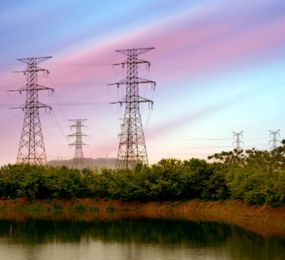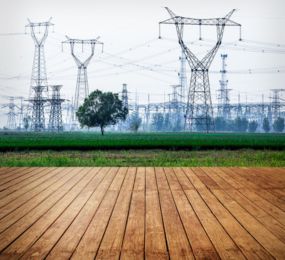Smart grids are playing a pivotal role in shaping the future of energy marketplaces. By enabling two-way communication between consumers and energy providers, smart grids allow for more dynamic, flexible, and decentralized energy systems. This has paved the way for a new era of energy trading, demand response mechanisms, and optimized energy distribution.
Decentralization of Energy Trading
Traditional energy markets have been dominated by centralized utility providers, but smart grids are changing this landscape. With advancements in smart grid technology, energy consumers can now become "prosumers" — producing, consuming, and trading energy within local or regional grids. This decentralization allows individuals and businesses with renewable energy sources like solar panels or wind turbines to sell excess energy back to the grid or trade directly with other consumers through peer-to-peer (P2P) energy marketplaces. Blockchain technology further enhances these marketplaces by ensuring secure, transparent, and traceable transactions.
Enhanced Demand Response Mechanisms
Smart grids also facilitate better demand response programs, where energy prices fluctuate based on real-time supply and demand. This enables consumers to adjust their energy usage during peak periods when prices are high or during periods of excess energy generation, typically when renewable sources like solar and wind are most active. Through advanced metering infrastructure (AMI) and real-time data analytics, consumers can make more informed decisions about when to consume energy, leading to cost savings and a more balanced grid.
Improving Grid Efficiency
Energy marketplaces connected through smart grids enhance overall grid efficiency by distributing energy in a more balanced and optimized manner. Grid operators can leverage smart meters, sensors, and IoT devices to monitor energy flows and anticipate demand. This real-time data allows them to allocate energy resources more effectively, minimizing wastage, and reducing the need for expensive backup power generation.
Conclusion
The combination of smart grids and emerging energy marketplaces is revolutionizing how energy is generated, distributed, and consumed. By fostering decentralized energy trading and empowering consumers to participate in energy markets, these innovations are making the energy sector more sustainable, efficient, and responsive to consumer needs.
Register today to secure your spot, please check here: https://bit.ly/3peklYc
For more information and group participation, contact us: [email protected]
















